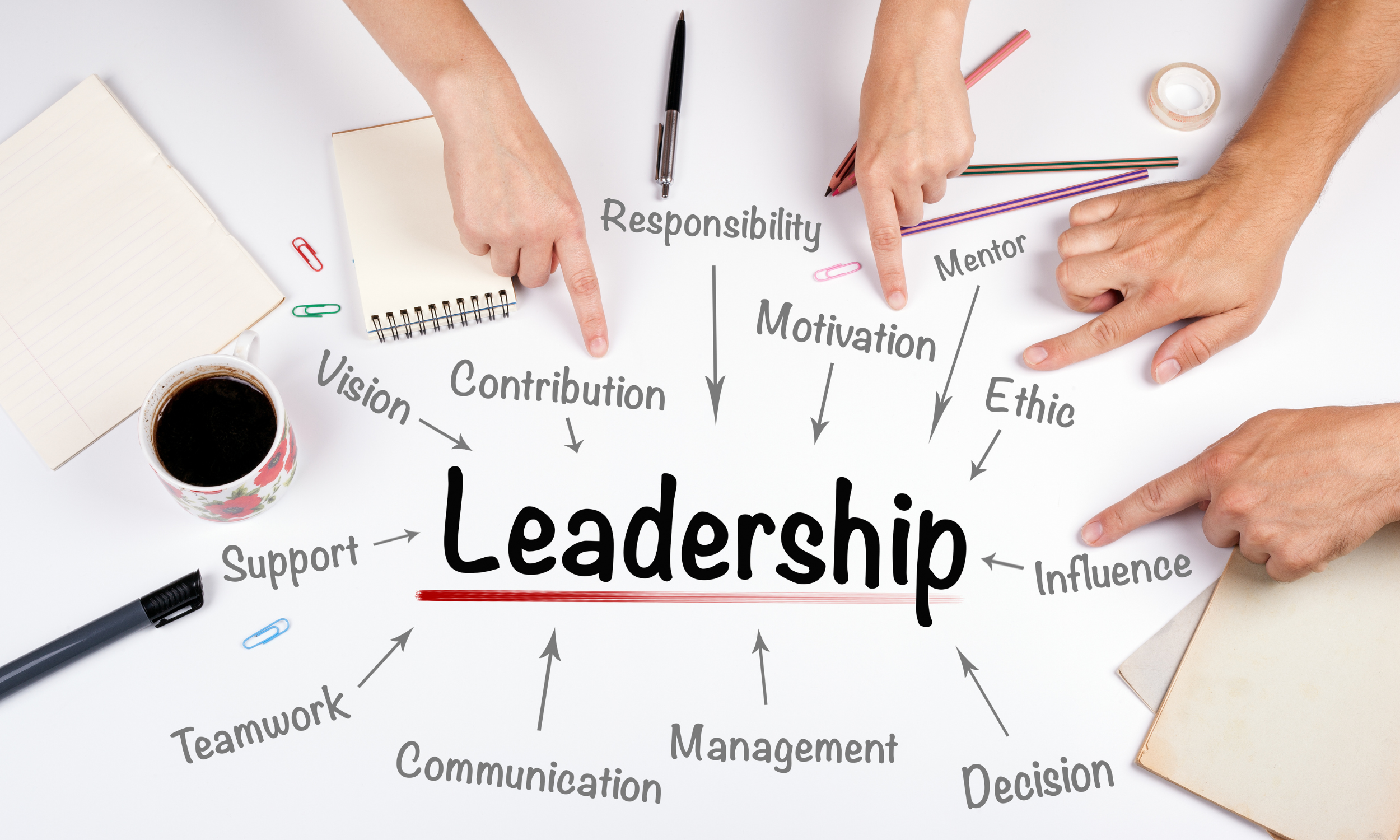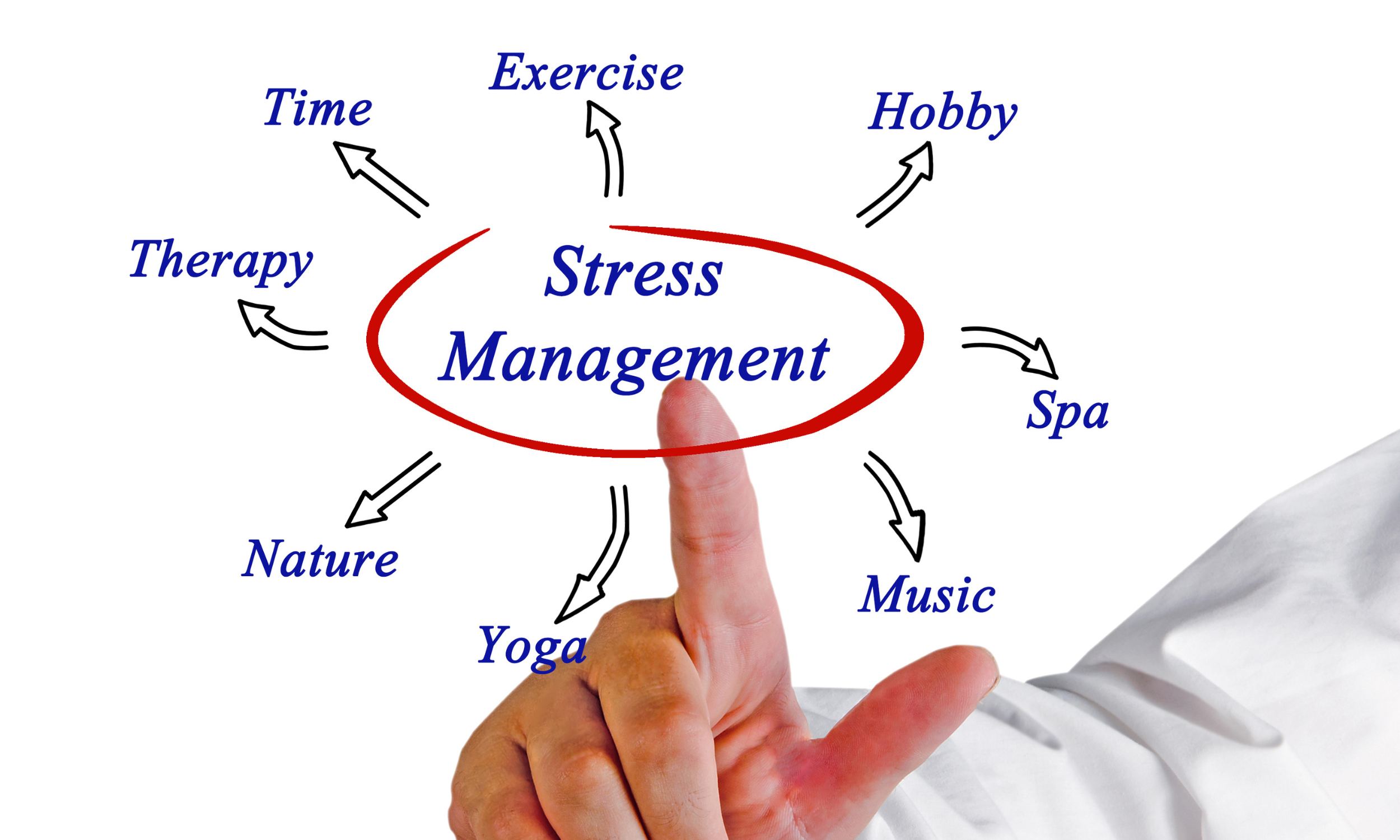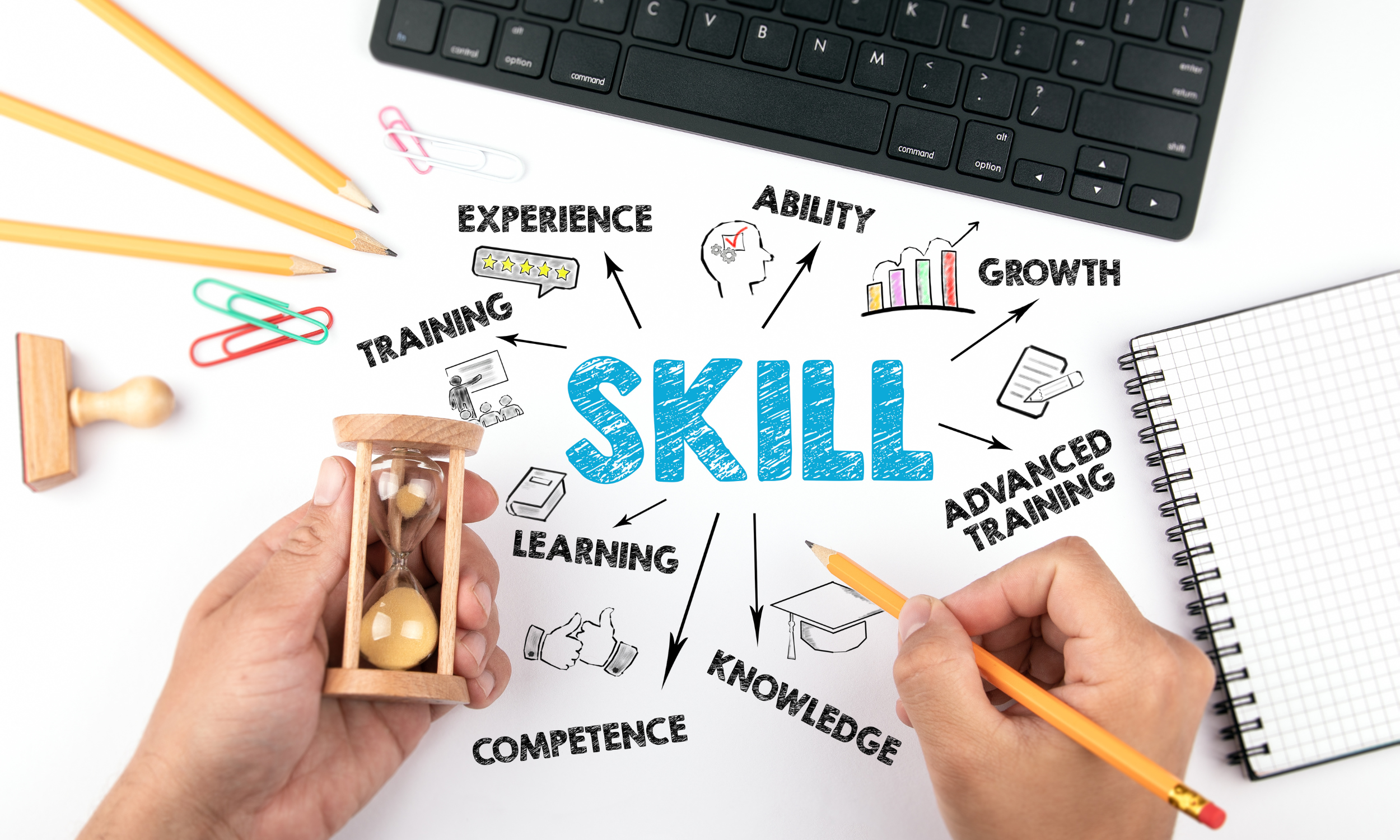Soft skills, also known as interpersonal or people skills, are non-technical skills that relate to how individuals interact with others and navigate their work and personal lives. These skills are often considered essential for success in various professional and social environments.
Unlike hard or technical skills, which are job-specific and teachable, soft skills are more difficult to quantify and may be inherent or developed over time. Soft skills play a crucial role in personal and professional development, influencing how individuals communicate, collaborate, and lead. Here are some common examples of soft skills:
Communication:
The ability to convey information clearly and effectively, whether verbally, in writing, or through non-verbal means.
Teamwork:
The capacity to collaborate with others, work effectively in a group, and contribute to a collective goal.
Problem-Solving:
The skill of analyzing situations, identifying challenges, and devising effective solutions.
Adaptability/Flexibility:
The willingness and ability to adapt to changing circumstances, embrace new ideas, and work well in dynamic environments.

Time Management:
The ability to prioritize tasks, set goals, and manage time efficiently to achieve objectives.
Critical Thinking:
The capability to analyze information, make reasoned judgments, and think logically to solve problems.
Creativity:
The ability to think outside the box, generate innovative ideas, and approach challenges with a fresh perspective.

Leadership:
The capacity to inspire, motivate, and guide others toward a common goal, whether in a formal leadership role or as part of a team.
Emotional Intelligence:
The ability to recognize, understand, and manage one’s own emotions, as well as being sensitive to the emotions of others.
Conflict Resolution:
The skill of addressing and resolving conflicts in a constructive manner, promoting positive relationships.
Networking:
The ability to build and maintain professional relationships, both within and outside the organization.
Negotiation:
The capacity to reach mutually beneficial agreements, influencing others diplomatically to achieve common objectives.
Interpersonal Skills:
The ability to relate well to others, establish rapport, and foster positive relationships.
Cultural Competence:
The awareness and understanding of diverse cultures, allowing individuals to work effectively in multicultural environments.

Stress Management:
The ability to handle pressure and stress in a healthy and productive manner.
Soft skills are highly valued by employers as they contribute to a positive work environment, effective teamwork, and overall professional success. Individuals who possess a strong combination of both technical (hard) skills and soft skills are often well-rounded and adaptable in various personal and professional settings.
Looking to improve your soft skills? Check out our courses directory for a full list of professional development courses




